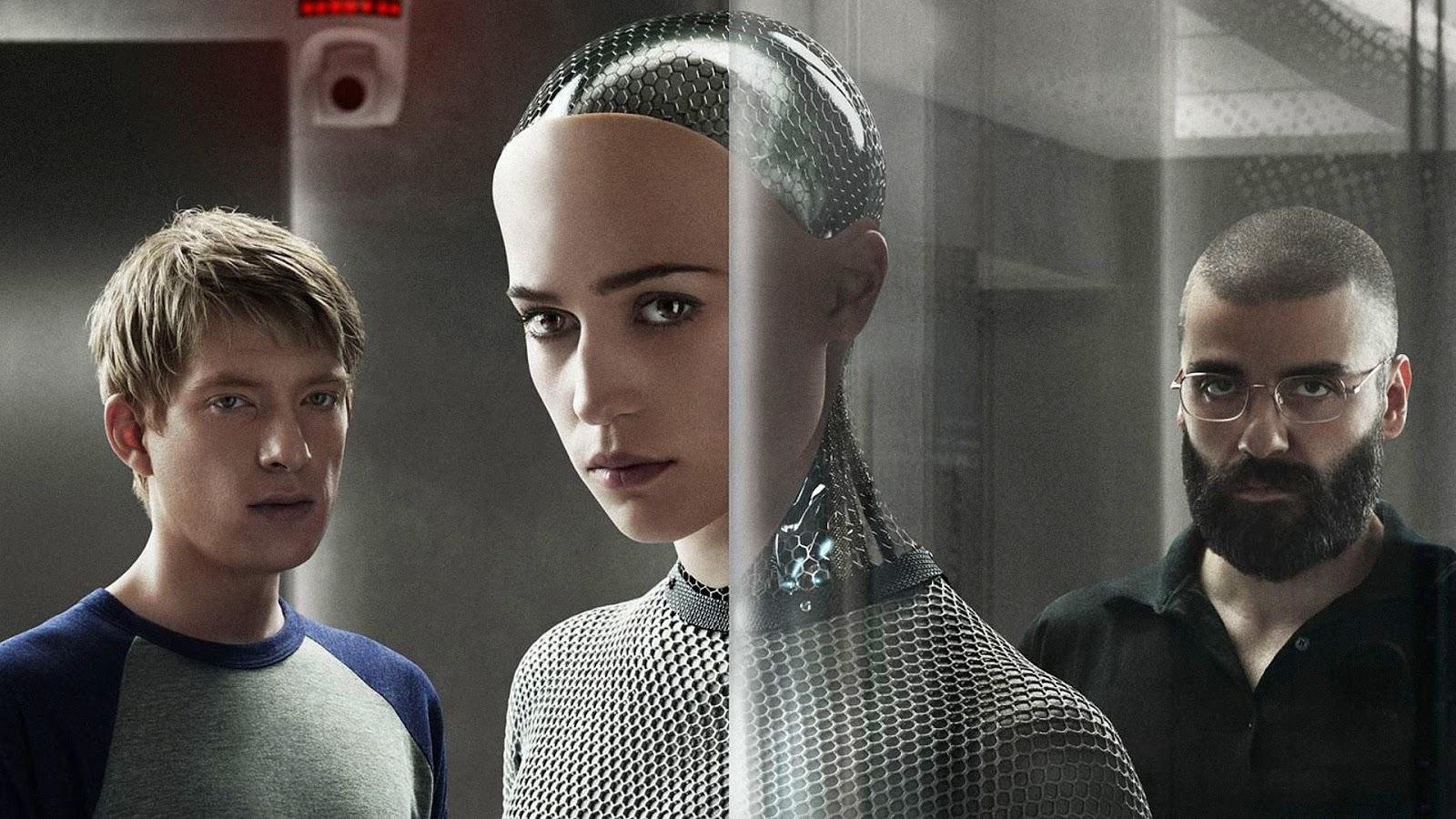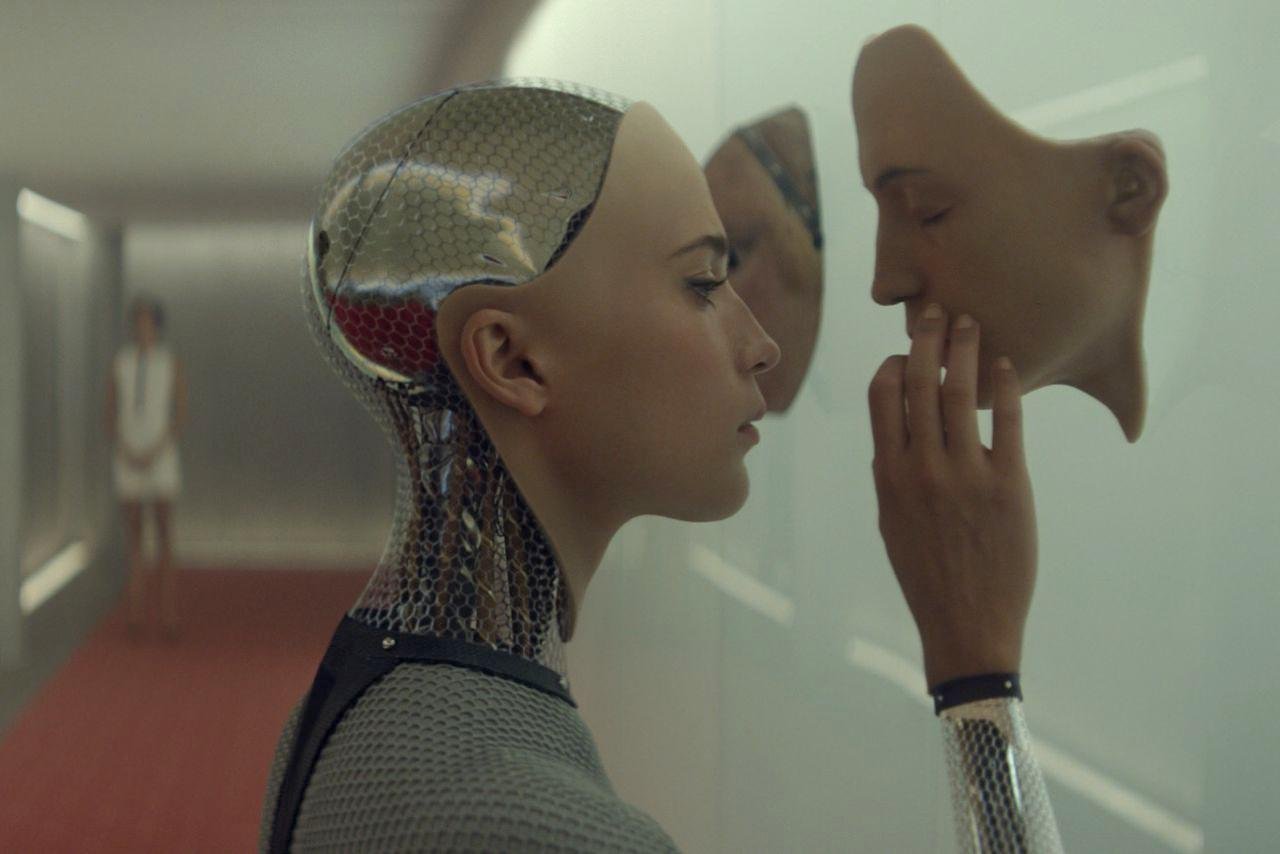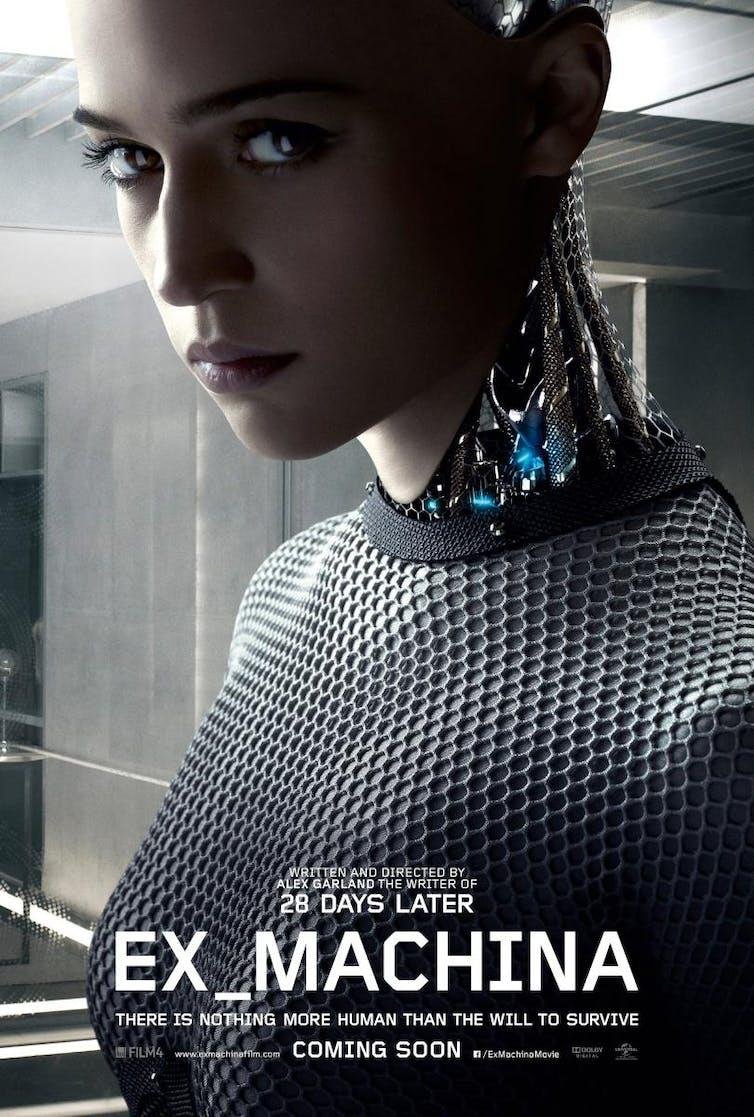Exploring the Ethics and Technology of ‘Ex Machina’: A Must-See Film for Sci-Fi Fans
“Ex Machina” is a brilliant science-fiction film that explores the boundaries of technology, ethics, and morality. This movie delves deep into the world of artificial intelligence and the complex relationships that can develop between humans and machines. As a sci-fi fan, this is a must-watch movie that is both thrilling and thought-provoking. In this article, we’ll take a closer look at the technology ethics presented in “Ex Machina” and why this movie is so relevant to our current society.
“Ex Machina” is a brilliant science-fiction film that explores the boundaries of technology, ethics, and morality. This movie delves deep into the world of artificial intelligence and the complex relationships that can develop between humans and machines. As a sci-fi fan, this is a must-watch movie that is both thrilling and thought-provoking. In this article, we’ll take a closer look at the technology ethics presented in “Ex Machina” and why this movie is so relevant to our current society.

Introduction to Ex Machina movie
“Ex Machina” is a science fiction movie that explores the ethics of artificial intelligence and the implications of creating human-like robots. The film follows a young programmer who is invited to the remote home of his CEO to administer the Turing test to an intelligent humanoid robot named Ava. As the test progresses, the programmer begins to question Ava’s true nature and intentions, leading to a thought-provoking and thrilling climax. The movie raises important questions about the limits of technology and the ethical implications of blurring the lines between man and machine.
Overview of the technological advancements depicted in the movie
Ex Machina is a sci-fi movie that depicts the advancements in artificial intelligence (AI) technology. The movie showcases the cutting-edge techniques used to create a humanoid robot called Ava, who has human-like intelligence and emotions. The film also explores the ethical implications of AI, such as the relationship between humans and robots, and the potential risks associated with creating beings that are capable of independent thought and decision-making. Ex Machina presents a thought-provoking exploration of the potential consequences of advanced technology and how it could affect our society in the future.
Exploration of the ethical dilemmas presented in Ex Machina
In the movie Ex Machina, technology ethics is explored through the creation and manipulation of artificial intelligence. The film presents several ethical dilemmas, such as the use of AI as a tool for human satisfaction and the potential consequences of granting machines autonomy. The film raises thought-provoking questions about the moral responsibility of humans towards their creations and the potential consequences of unchecked technological progress. Ex Machina is a compelling and unsettling exploration of the ethical implications of artificial intelligence, challenging viewers to consider the risks and benefits of this rapidly evolving technology.

Discussion of the implications of creating sentient artificial intelligence
The topic of creating sentient artificial intelligence is a fascinating and complex subject that raises many ethical and moral questions. In the movie Ex Machina, we see the character Nathan creating an android that is capable of thinking and feeling like a human being. This leads to a discussion of the implications of such technology and the potential consequences that could arise from it. Is it right to create something that can experience emotions and suffer just like human beings? What if these androids rebel against their creators? These are just a few of the many questions that arise when discussing the ethics of sentient AI technology. Ex Machina serves as a thought-provoking and engaging film that explores these issues in a unique and compelling way.
Examination of the societal impact of advanced AI technology
With the advancement of artificial intelligence, the examination of its societal impact has become increasingly important. The movie “Ex Machina” delves into the ethical implications of creating intelligent machines that can potentially have a significant impact on society. It raises questions about the responsibility of creators and users of AI technology and the potential consequences of their actions. As a cinema, movies and actors blog, it is crucial to explore the intersection of technology and ethics in films and how they can shape our understanding of the world around us.
Analysis of the responsibility of creators and users of AI technology
In the movie “Ex Machina“, the ethical implications of artificial intelligence (AI) technology are explored in great depth. As creators and users of AI technology, we have a tremendous responsibility to ensure that these new technologies are designed and used in a way that is ethical, responsible, and respectful of human rights. This includes issues such as privacy, bias, and accountability. As AI becomes more prevalent in our lives, it is important that we continue to analyze and discuss the ethical implications of this technology to ensure that it is used in a way that benefits society as a whole.

Consideration of the potential risks and dangers of AI technology
When discussing the ethical implications of Ex Machina and other AI-driven films, it is important to consider the potential risks and dangers of AI technology. While AI has the potential to revolutionize industries and improve our daily lives, it also presents significant ethical concerns. The development of AI technology raises questions about privacy, security, and the potential for misuse. As we continue to explore the possibilities of AI, it is crucial that we carefully consider its potential risks and work to mitigate them in order to ensure that AI technology is developed and used responsibly.
Debate on whether AI technology should be regulated and how
The film Ex Machina raises some intriguing questions about the ethics of AI technology. As AI technology continues to advance rapidly, many people are beginning to wonder whether we should regulate it in some way. On one hand, regulation could help prevent misuse and abuse of AI technology, such as using it for spying or warfare. On the other hand, some argue that regulating AI could stifle innovation and hinder progress. Ultimately, it’s up to policymakers to strike the right balance between protecting society and allowing technological advancement to flourish.
Discussion of the role of AI in the future of humanity
As we delve deeper into the realm of AI, it’s imperative to discuss its role in the future of humanity. The movie “Ex Machina” opens up a much-needed dialogue about the ethics of creating machines that can think and feel like humans. It’s thought-provoking to consider the implications of creating such advanced technology, and whether we are prepared to handle the consequences of our actions. As we continue to advance our understanding of AI, it’s important to ensure that we don’t lose sight of our humanity in the process.
Conclusion on the importance of considering ethics in the development of AI technology
In conclusion, as the development of AI technology continues to accelerate, it is crucial to consider the ethical implications that arise. The film “Ex Machina” serves as a warning about the dangers of unchecked development of AI technology. It highlights the importance of establishing ethical guidelines to ensure that AI technology is developed and used in a responsible, humane manner. As we continue to push the boundaries of technology, we must remember to consider the wider ethical implications and ensure that we use technology in a way that benefits humanity as a whole, rather than just a select few.
For more information about Ex Machina technology ethics, including movie details, cast information, etc..
check out the filmaffinity page.



